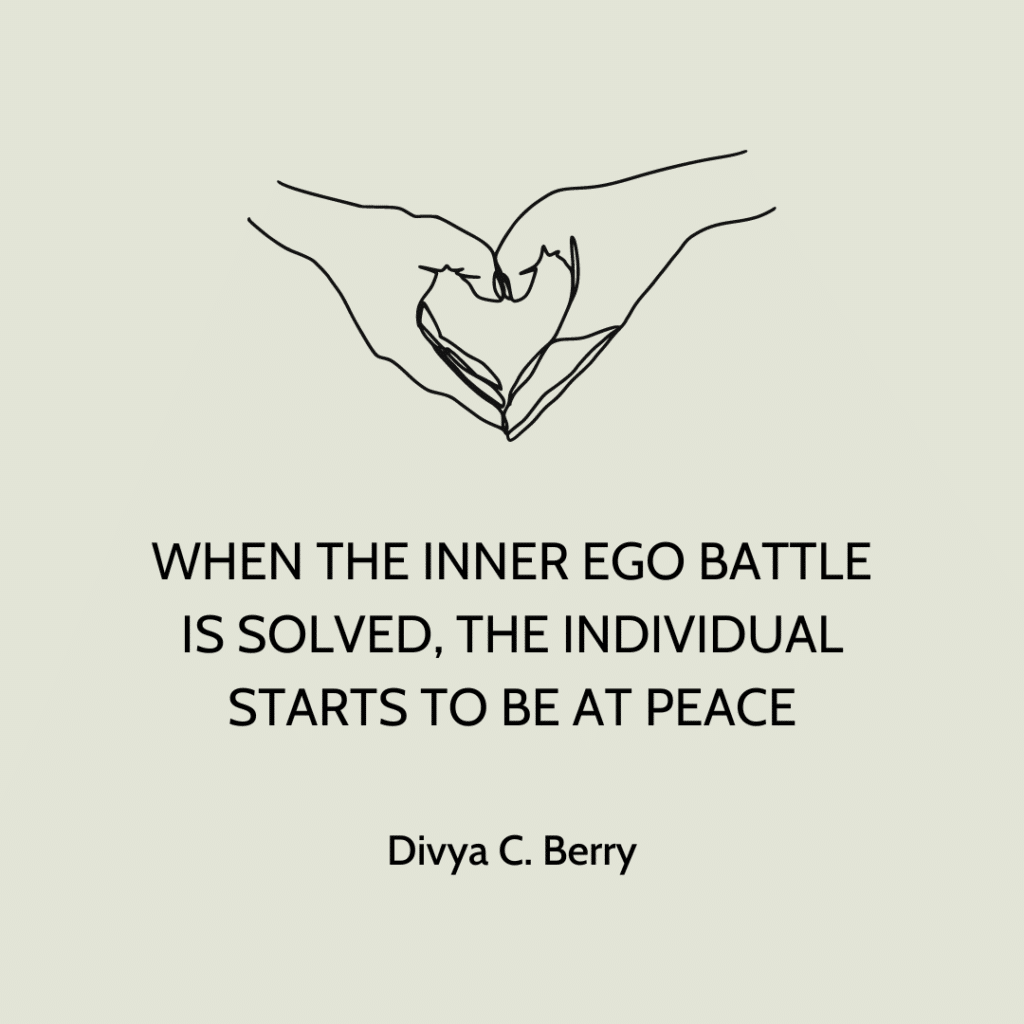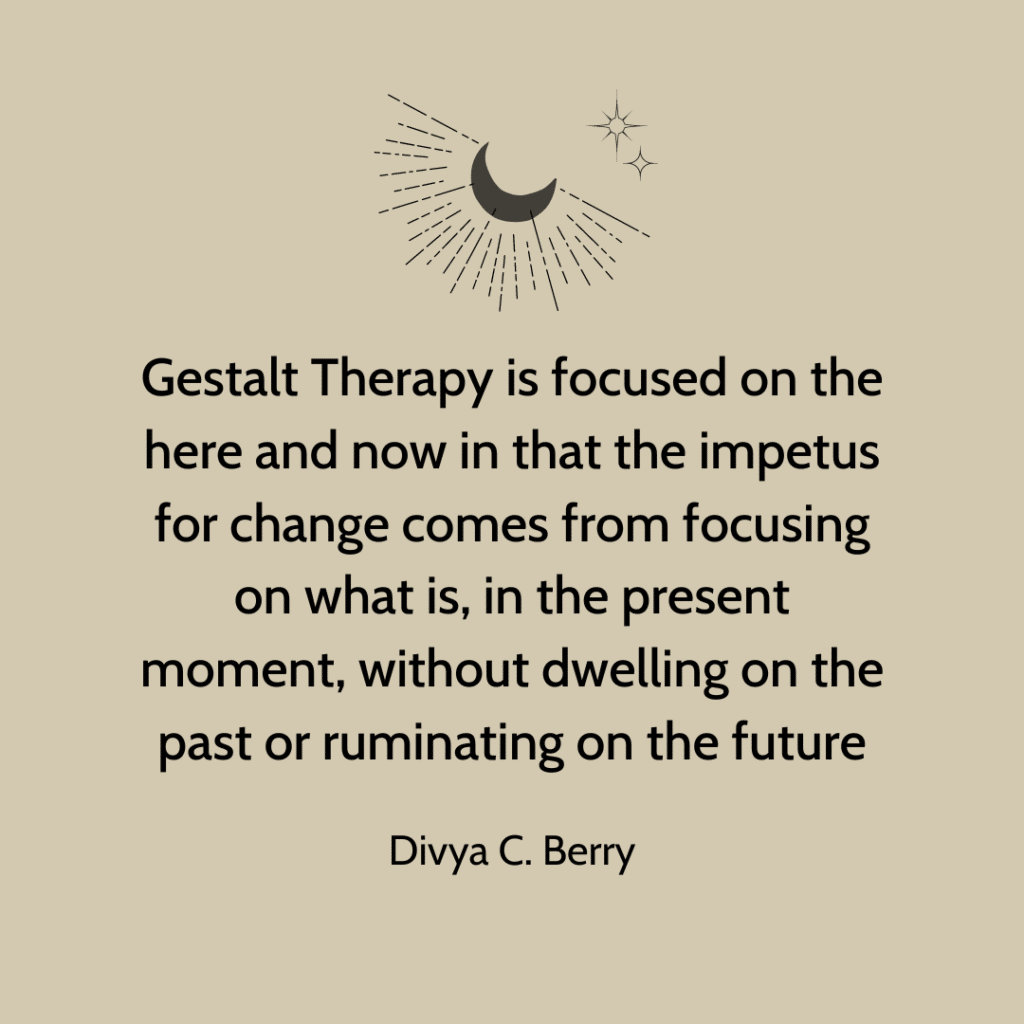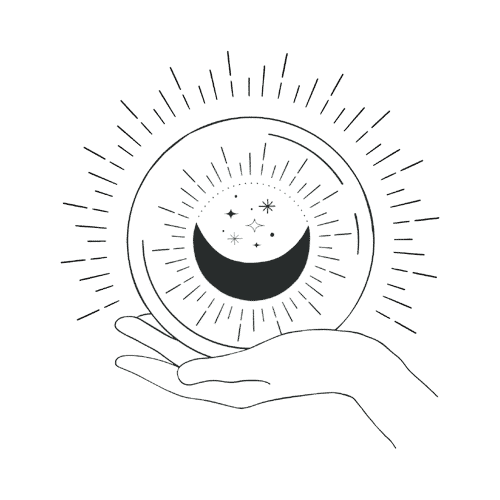People often come to therapy looking to get support for their mental health and wellbeing, to resolve personal conflict, improve upon their relationships and share their distress. If you find yourself experiencing conflict or dissonance in the area of the ‘self’, this can be explored as a crisis of ‘identity’. Exploring identity in therapy is my approach to conflict and problems with identity.
What is identity?
At a basic level, identity is how and what we think of ourselves, but it goes deeper, and consists of the subconscious reality of embedded generations, of social and cultural nuances, and of nature and nurture.
Psychologically, your identity is made up of the traits that make an individual unique. When we think of identity, we automatically consider self-concept, image, and esteem. This self, however, is made up of the myriad other selves that reside inside of us. Together, they create the sense of self that we call our identity.
To elaborate, we might consider social, cultural, religious, ethnic, sexual, and professional identities, amongst others, when we consider an identity. We are fortunate to be entering a time where labels are coming to be fewer, and increased awareness means less forced identity. In the therapy room, however, we look at identity more deeply. as clients often bring a scattered and fractured sense of self.
More reading: Explaining body-mind therapy

The question of identity
Existentially, the question may present itself as: ‘Who am I’?’. More deeply, however, it is psychologically about ‘What are all the parts of me that make me who I am?’
Some of these questions are vital to explore on one’s own, some others can be best explored in the safety and security of the therapy room with a counsellor who is trained to hold a safe space for exploration. Others may not know that there is an identity strain or conflict, as it often does not emerge until it is mirrored and reflected safely. This is one of the pertinent features of psychotherapy and counselling towards building good mental health practices.
Identity and therapy
Gestalt therapy shines in its capacity to hold extreme polarities and a range of emotional states. This fluidity serves well to tackle the shame that often emerges with a fragmented self. The therapy brings forth an opportunity to help gently merge lost parts of the self by bringing them into the person’s awareness; that lost feeling in the pit of the stomach and that hazy feeling in the back of the head are often indicators of a disconnect and a lack of rootedness.

Grounding exercises, bodywork, and imagery go a long way in helping bring these disconnected selves together. No sense of well-being is possible without feeling united with one’s deeper self, and this is the idea behind exploring identity in therapy.
When the inner ego battle is solved, the individual starts to be at peace and hence become better and more fluid at managing relationships. It plays to the old adage of first fixing your own air supply before tending to that of others.
Problems and Challenges of Identity
Issues around identity are always personal and felt subjectively, but the experience of them can be political, religious or cultural, and experienced objectively on the outside. By this, the implication is that any form of identity crisis or crunch is intensely personal and it is felt most sharply in the sacred and quiet spaces of the mind, often glossed over since identity is an issue we do not think about actively, we just ‘are’!
Discover whether therapy is right for you
To illustrate, a person can be very far away from their home culture, but feel perfectly at home while being in sync with different worlds. Another person can feel completely upended while living on home ground, but being psychologically removed from themselves. Further, another person can be participating in cultural norms and social norms that form the part of their family’s particular sub-group without ever thinking deeply about how much they want to do so as adults, having done what is needed of them from childhood – out of nowhere, as the more adult self settles in, they can start feeling quite ‘fraudulent’ and finding themselves playing to roles that do not feel real.

Many roles are simply inherited or swallowed or thrusted upon individuals, without feelings being examined; as children, it is not required to explore this inner world, but adults with an unexplored inner self can conflict quite deeply with their external environment if they are not in sync. For example, gender roles have traditionally subsumed a certain identity for the person; today, with ever changing acceptance and awareness, these roles can be challenged, understood, nurtured and, without rebellion, integrated into a non-binary identity for clients who have identity conflict in these areas of life.
Identity pertains to rootedness, as well, and to social and cultural aspects, to the roles we play and the ones that are given to us. Simply put, when these different aspects are well consolidated, we are at peace, and when they are disconnected from each other we do not feel at ease. Part of therapy involves bringing all these parts together and learning to connect with ourselves, just as we are.
Counselling is not a space to throw up and vomit one’s feelings alone as popular media may at times have us imagine; it is a safe, professional, confidential environment where a trained professional will help you to manage the delicacies of identity conflict with the objective of building awareness without upending the rhythm of your life. Essentially, there is no goal except the raising of your own understanding of yourself so that you can make the changes that feel right, without waiting for others in your environment to come and do it for you or give you permission to release aspects of identity that no longer serve your purpose or sit well with you. Release and restoration is a vital part of identity work.
How we explore our identity through therapy
Counselling is not a space to throw up and vomit one’s feelings alone, as popular media may at times have us imagine; it is a safe, professional, confidential environment where a trained professional will help you to manage the delicacies of identity conflict with the objective of building awareness without upending the rhythm of your life.
Essentially, there is no goal except the raising of your own understanding of yourself, so that you can make the changes that feel right, without waiting for others in your environment to come and do it for you, or to give you permission to release aspects of identity that no longer serve your purpose or sit well with you. Release and restoration is a vital part of identity work.
The curious paradox is that when I accept myself just as I am, then I change
Carl Rogers

Understanding all the aspects of the self, especially the parts that feel uncomfortable and do not sit well with our identity, are vital to bring into awareness; once in the realm of our awareness, we can use our own intellectual and emotional faculties to literally decide what parts to keep and which to discard.
Often this involves a deep dive into our childhood and the way we have been raised, of the social and cultural institutions that surround us, and then a grounding into the here and now. As adults, we can then exercise that wonderful quality called choice and decide what to keep in our sense of self-identity, and check in with ourselves on the parts we can let go of. Letting go, practicing the pause, counting down and watching our emotions are all vital tools that are employed in the process of releasing ourselves from the parts of our identity that no longer serve ourselves in the present moment.
Gestalt Therapy is focused on the here and now in that the impetus for change comes from focusing on what is, in the present moment, without dwelling on the past or ruminating on the future.

